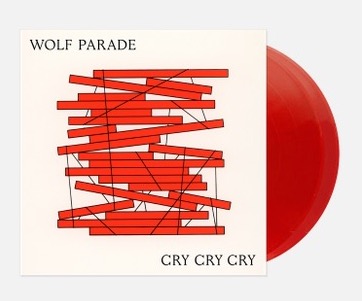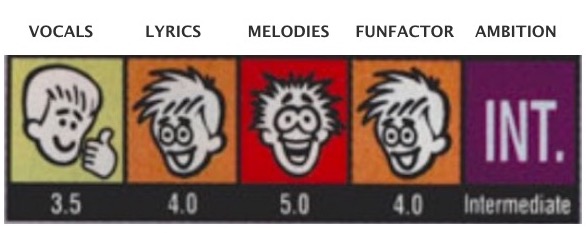 MUSIC
MUSIC In Which We Reject The Fatal Gift
 Tuesday, October 17, 2017 at 9:00AM
Tuesday, October 17, 2017 at 9:00AM 
Dig Another Hole
by JANICE LEVENS

Choir of the Mind
Emily Haines & the Soft Skeleton
Emily Haines and James Shaw
producers Emily Haines and James Shaw
September 15th on Last Gang
It has been eleven years since Metric lead singer Emily Haines released Knives Don't Have Your Back, her best ever album in any form, and one of the finest eulogies ever preserved in pop music. Haines had lost her father, the poet Paul Haines, in 2003. He lived again on Knives Don't Have Your Back, in a tightly wound sorrowful hum in which the piano was used as a hammer to flatten Emily's most depressing personal moments.
Admittedly, I have never been a fan of Emily's day job, Metric, which usually just seems loud for the sake of being loud. Watching Emily perform live in support of Knives, I never understood why she didn't focus on the piano driven ballads that make up every song she has done as part of The Soft Skeleton. Haines is a tremendous live performer, with a voice that reverberates through space and a massive stage presence that belies her short form. Her command of the piano is stunning.

Lyrically, Haines has also been on another level when writing for her side project. She has the fatal gift of giving the most banal metaphor the slight twist required to succeed on the merits. "Like oil in the ocean, I couldn’t keep to myself," she sings on the devastating "Statuette". For the most part, Haines seems a lot happier, so in order to keep Choir of the Mind sufficiently dark, she imagines her earlier, more despondent self: "How can you resent love? Can you prevent any love at all? I meant what I said back then," she offers on "Nihilist Abyss".
Sonically, Knives featured a texture so completely lush that the nuance of the production seemed somewhat lost. At times her vocals were buried beneath the soundscape, but on Choir of the Mind writing partner James Shaw has pared back the choir to allow the intricacies of Haines' ethereal voice to stand out more prominently. "Minefield of Memory" has Haines' piano telling the entire story in a vaguely hypnotic fashion. This trend continues on the album's title track, where Haines uses spoken word to great effect, resulting in what feels like the equivalent of syncopated call and response to the 1850 piano she plays through the album.

On the album's standout track, "Wounded", Haines explains what she means by a fatal gift. Choir of the Mind deals with what happens after you achieve what wanted, and the album finds Haines questioning whether material things are even worthwhile at all. Later she is more honest with herself: "I only want what I can't reach." Emily's best writing comes on Choir of the Mind's haunting final track, where she seems to bring the people she has lost back into view. Shaw's arrangement is note perfect as Haines sings, "Dial down the overdrive. Otherwise top yourself off in time. To sail on in toward what?" Hopefully she trashes Metric and focuses on the Soft Skeleton full time.

Janice Levens is the music editor of This Recording. She is the pseudonym of a writer living in Los Angeles. You can find an archive of her music reviews on This Recording here.

 emily haines,
emily haines,  janice levens
janice levens 

































